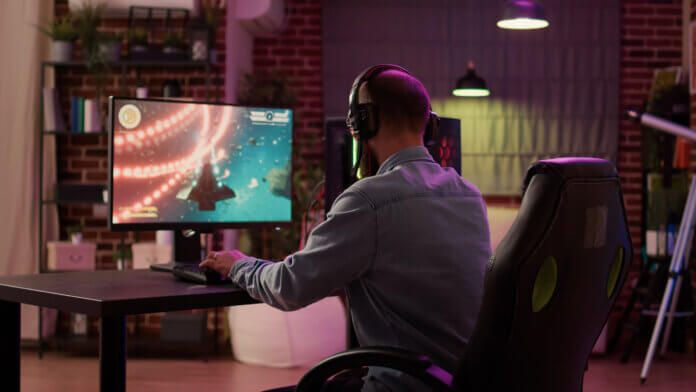Game development is made possible by skilled and talented professionals. It is a team effort that includes game animators, narrative designers, game testers, game producers, and more. In the same sense, another member who plays a crucial role in shaping how a game feels and plays is a game designer.
Each role offers growth opportunities, and leveling up is an important career milestone. However, it requires improving skills, gaining experience, and developing leadership capabilities.
This article focuses on the role of a game designer and how one can move from a junior to a senior position.
Understanding the Role of a Game Designer
In the creation of video games, a game designer generally acts as a design engineer specializing in recreational software. They are responsible for shaping the game mechanics while ensuring a seamless user experience. Specifically, a game designer does this by working on the game’s function, gameplay, rules, and system. The entire process aims at delivering a game that is engaging, entertaining, and playable.
As a game designer gains experience and grows skills, responsibilities and roles can evolve. In the junior position, they focus on learning the basics and handling minor tasks, providing support to the team. In contrast, a senior game designer shifts from hands-on work to people-oriented soft skills. They lead projects, present ideas, structure information, think strategically, and leverage extensive game expertise.
Tips for Moving from Junior to Senior Game Designer
- Master technical and soft skills.
Honing technical skills is a foundation for advancement. Having sufficient expertise in game engines, scripting languages, game physics, and the like sets you apart and keeps you highly sought after. Likewise, deepening soft skills is essential, as companies value those who can improve team performance.
- Gain experience through projects.
Experience is key, so it is recommended to work on small and large projects to help understand the full development cycle.
- Build a diverse portfolio.
Showcase various projects where your contributions made an impact. Companies will see this as growth potential, hinting at your capability to take on bigger responsibilities.
- Seek feedback and mentorship.
Ask peers and head for comments to refine your skills. In the same way, networking widely can help in gaining mentorship from other seniors, which can boost your growth.
- Find leadership opportunities.
Take on more responsibilities, such as leading small projects or components of large ones. Doing so strengthens your position in landing a senior role.
Key Takeaways
There is growth in game development, especially for a game designer. By combining practical and technical experience, developing soft skills and industry knowledge, seeking mentorship, and pushing boundaries, one can successfully level up. Most importantly, moving from a junior to a senior position requires a solid foundation to ensure a well-rounded career.
Note: This article incorporates information and insights from reliable sources, such as CG Spectrum, devtodev, and LinkedIn, to ensure accuracy and profundity.
